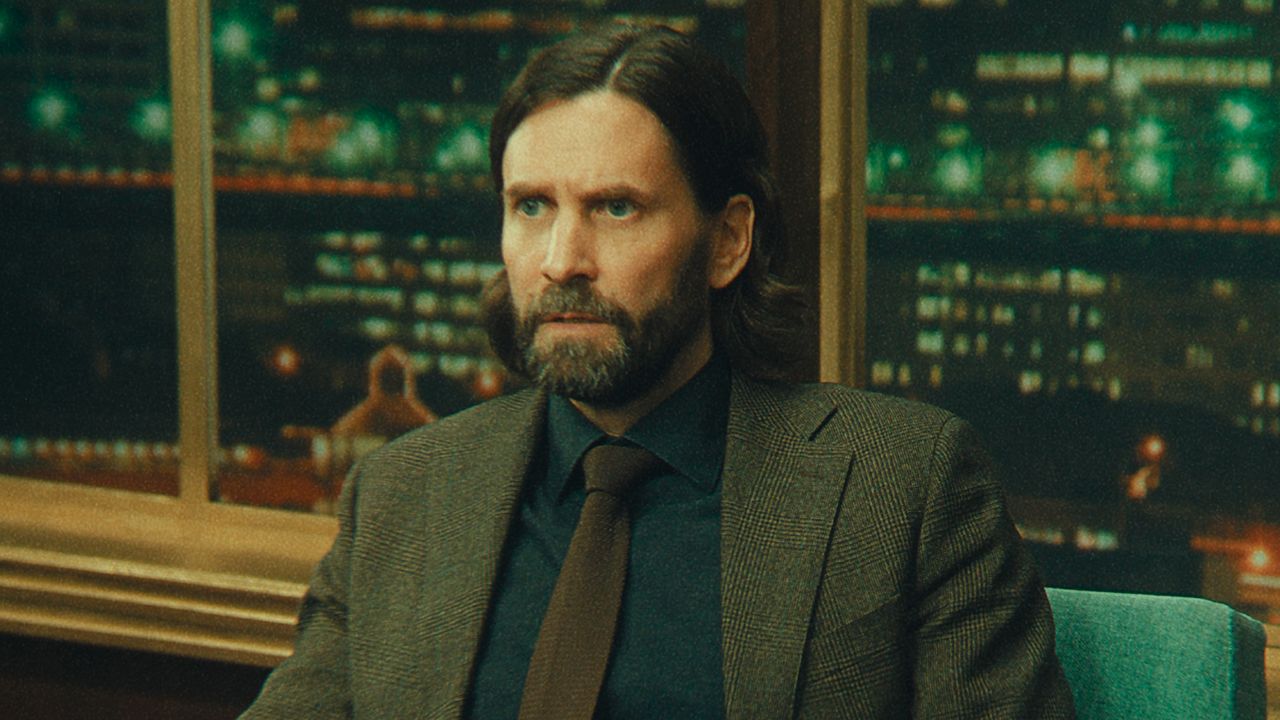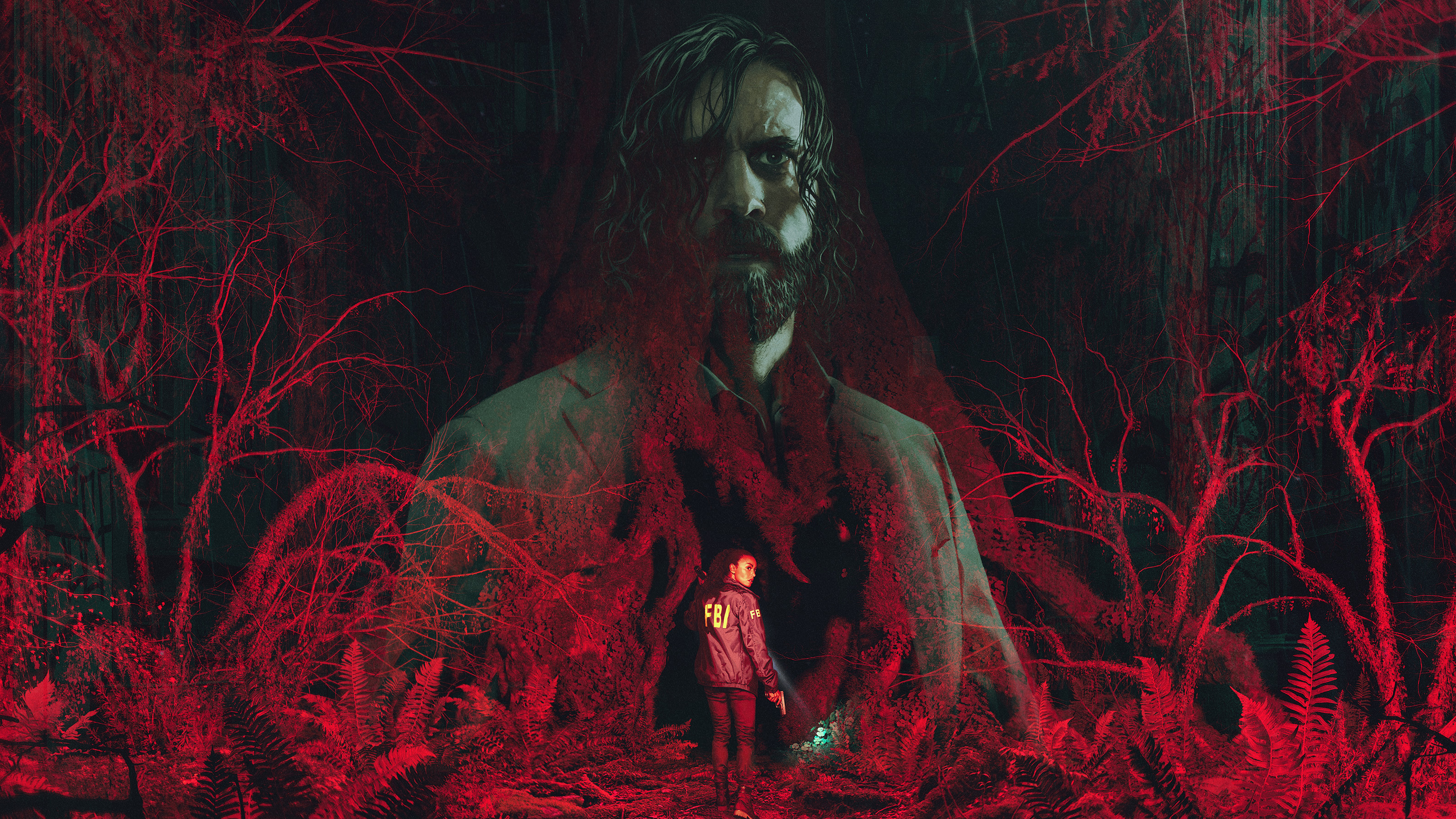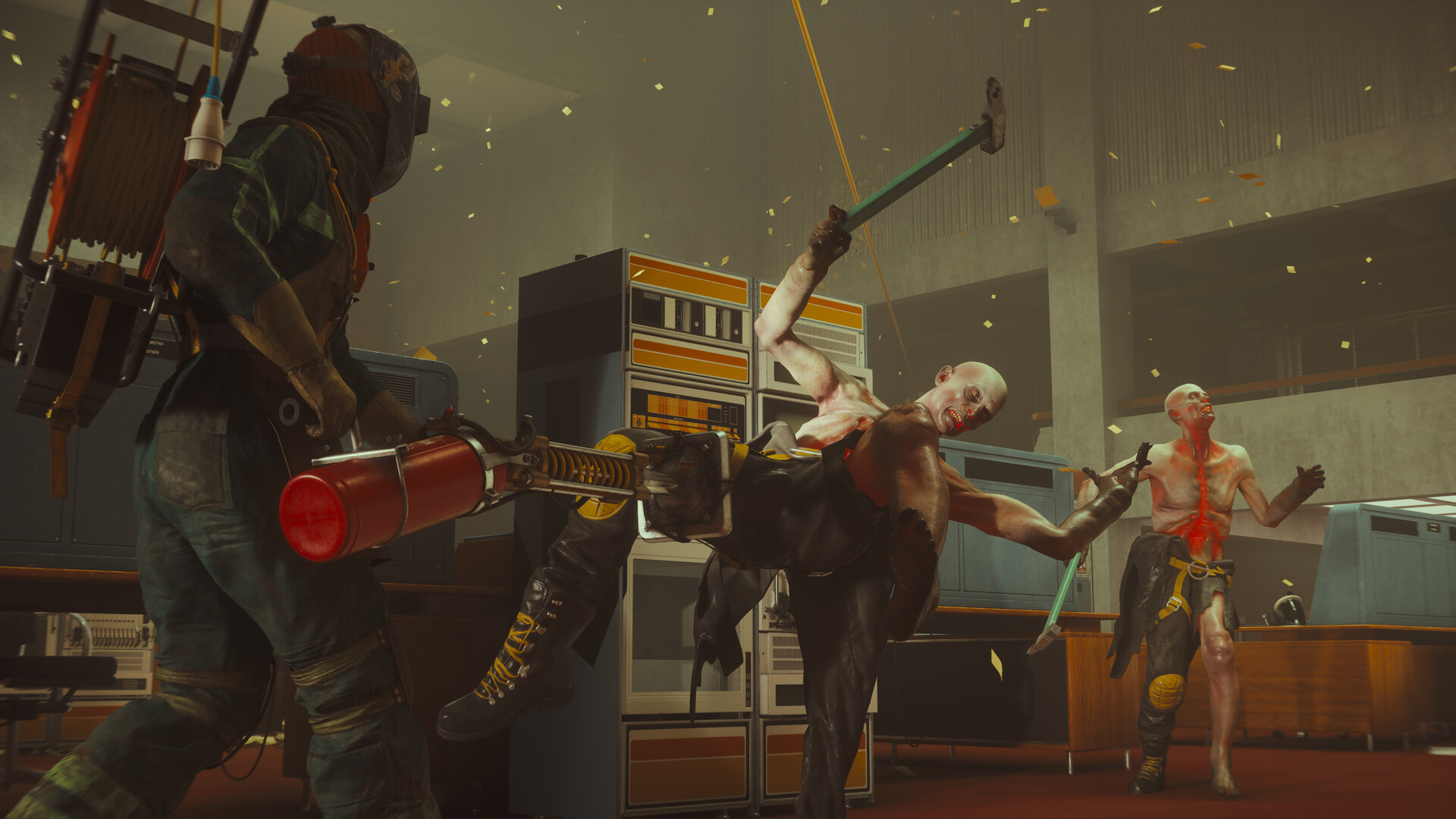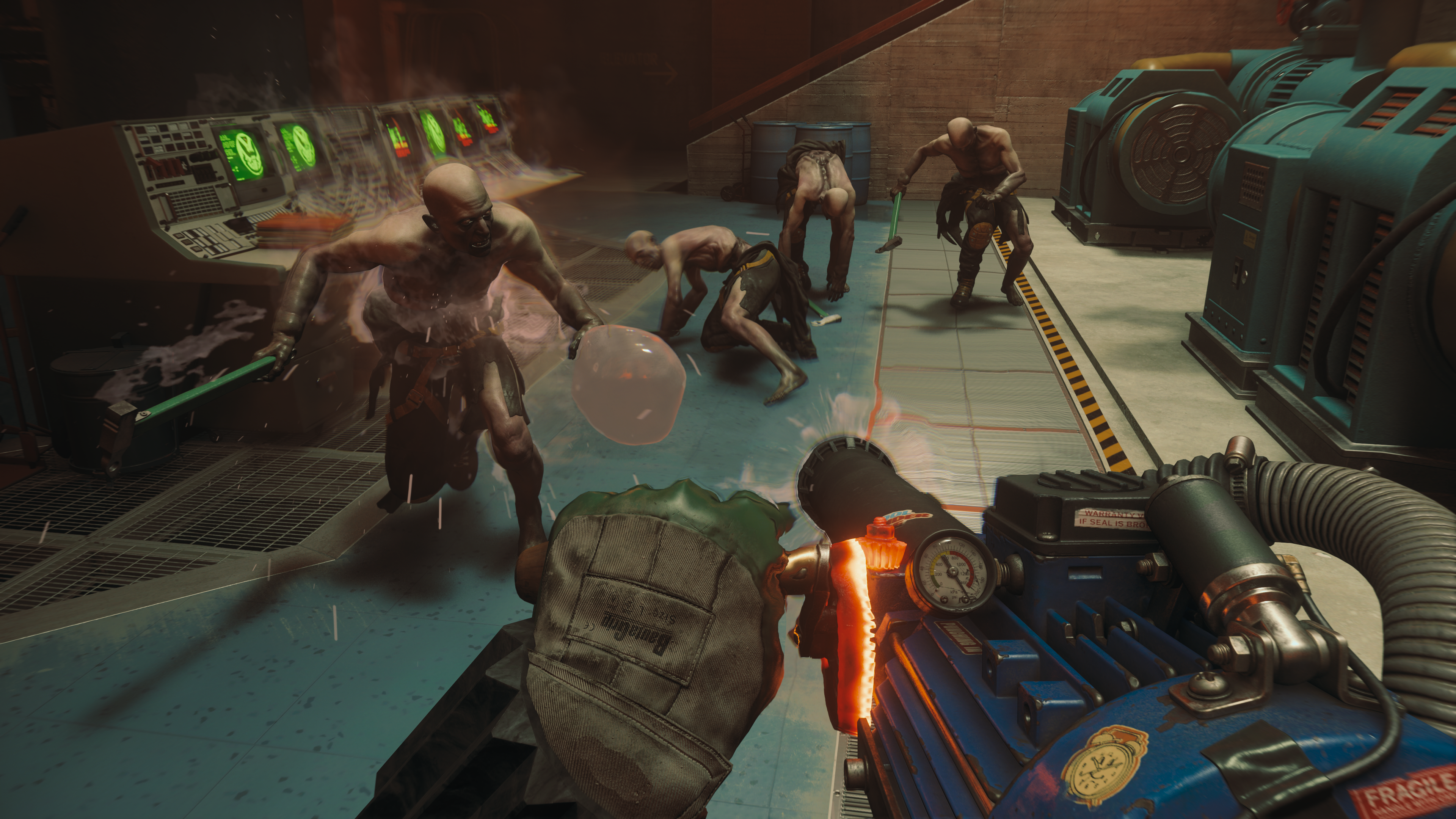
It's been a strange few years for Remedy Entertainment.
On the one hand, it's more independent and successful than ever before. With less reliance on publisher investment, it's been able to develop and expand its studio-owned properties into a connected universe, and move towards self-publishing. And it's produced some of its most critically acclaimed games ever, including ambitious sequel Alan Wake 2.

On the other… Alan Wake 2 took about a year and a half to even start turning a profit, and most recently its first self-published game, FBC: Firebreak, was a dispiriting flop, with the studio having to issue a profit warning to shareholders in the wake of its poor sales and feeble player count.
Now, Remedy CEO Tero Virtala has announced he's stepping down after 9 years in the role, as reported by GamesIndustry.
The company hasn't revealed, of course, the reason for Virtala leaving, but it's hard not to draw a connection to those recent troubles. What was supposed to be a bold new step for Remedy instead became perhaps its biggest ever embarrassment—it's likely that someone had to take the responsibility for that.

In the interim, chief product officer Markus Mäki will be overseeing things—he's one of the original co-founders. But the hunt is on for a permanent replacement. Maybe it's time to polish up your CV?
While dunking on videogame CEOs is certainly not something we shy away from around here, the story here does seem nuanced.
FBC: Firebreak always seemed like a risky and potentially misguided project, not only straying far from the studio's core strengths. When I visited the studio ahead of its release, I got a strong sense of the team's passion for co-op gaming, but equally found no clear answer to the most important question: who was it actually for? It's easy to point to as a major error in judgement from senior leadership.

But equally, nine years as CEO means Virtala oversaw what I would say is the most bold and confident era of Remedy's history. Control and then Alan Wake 2 are not only two of the studio's best and most ambitious games ever, they both felt like statements of intent, pushing the studio's house style in surprising new directions and retroactively tying all its major past works together into one seamless, fascinating universe. As a big Remedy fan myself, it's been an exciting time.
Hopefully this change in leadership doesn't spell the end of that momentum, and Firebreak ends up being remembered as a blip rather than a lasting blow to one of gaming's most creative developers.







